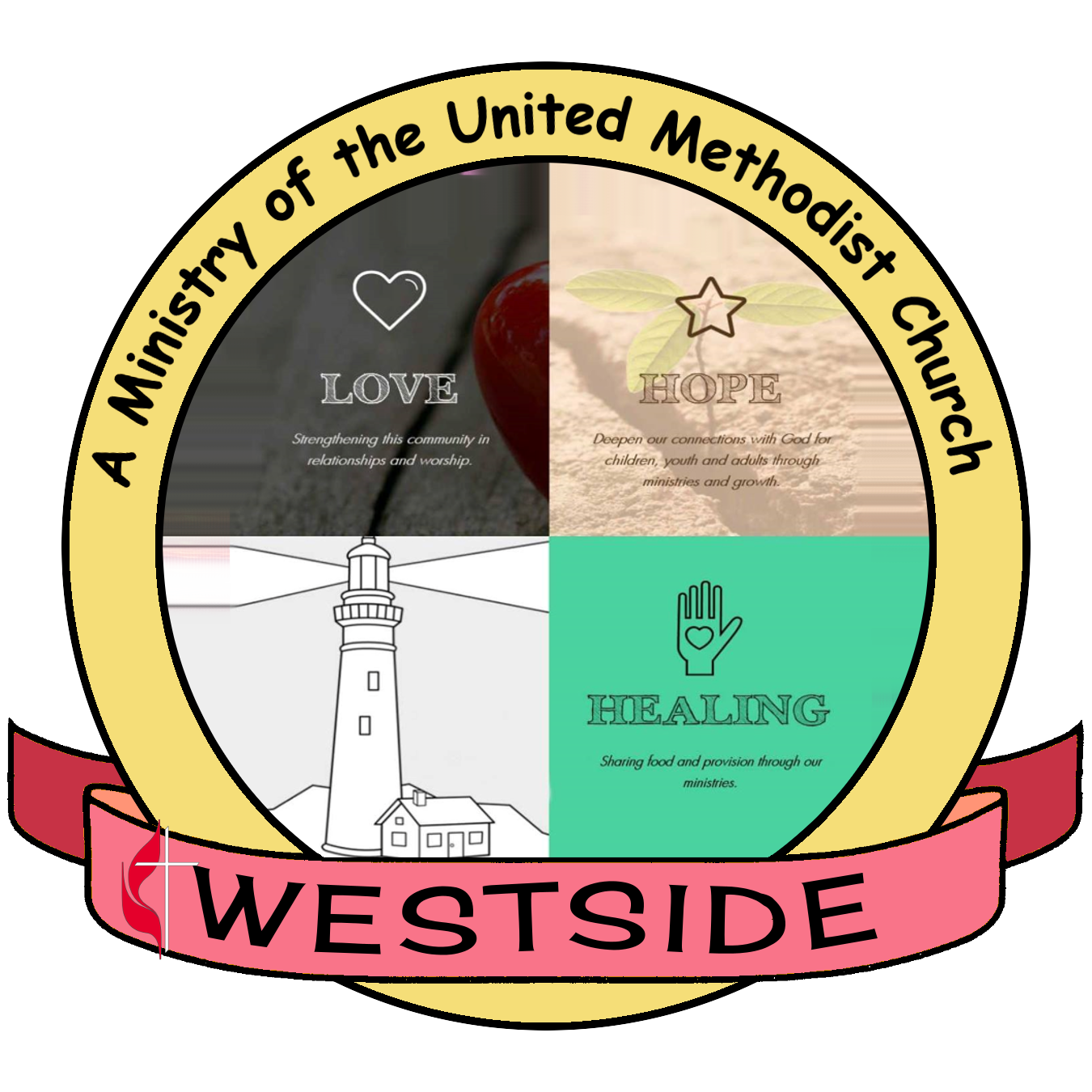Scripture: Psalm 25; Luke 10: 1-11, 17-20; John 21: 1-15
McLaren pictures the scene from John 21 of Jesus with his disciples at breakfast on the shore of the Sea of Galilee as a transformative experience, a reminder of the fact that Jesus discipled these first followers firsthand, in daily relationships, not unlike this picnic scene. McLaren notes that to be a disciple meant to be a learner, a follower, a student, an apprentice, and one who learned by imitating the Master.
“You can imagine the honor, for uneducated fishermen like us, to sit at the feet of the greatest teacher imaginable. And now, we feel it is an even greater honor to be sent out to teach others, who will in turn teach and train others in this new way of life. This revolutionary plan of discipleship means that we must first and foremost be examples. We must embody the message and values of our movement. That doesn’t mean we are perfect -- just look at Peter. But it does mean we are growing and learning, always humble and willing to get up again after we fall, always moving forward on the road we are walking. As Jesus modeled never-ending learning and growth for us, we will model it for others, who will model it for still others. If each new generation of disciples follows this example, centuries from now, apprentices will still be learning the way of Jesus from mentors, so they can become mentors for the following generation” (p. 179).
This summarizes what he is speaking of in this chapter, and what a great picture of Jesus and his method of working with 11 guys who in turn would lead a movement to reach the world. Here we are centuries later still doing the same thing -- modeling, praying, learning, leading, reaching.
Questions from the book:
Share a story about how you have been drawn toward discipleship through another person.
How do you relate to the story of Peter with its dramatic ups and downs?
I know that my own story of discipleship is manifold. I admired Karen, when we first married, for she seemed to have a pattern to her devotional life which I lacked. I tried to adopt what she did, and learned from her. But I also felt that it was not enough, so I expanded it out. I pursued others to see what they did to grow in Christ, and imitated them too. At one time I had overloaded myself with too many things, too many directions, too many distractions. Then another friend advised me in reading the Bible through once a year, and his witness took hold in my heart. I began that pattern of reading the Bible through more than once in a year and held to it for many years.
I didn’t have any single person who was a constant mentor in my life along the way, but have had many, many people God has used to raise me up. Beginning in 1978 my friend David Luce became one such mentor.
It seems God has been determined to grow me up using many, many people along the way to help me grow. I can totally relate to Peter with his fitful stops and starts, his solitary boldness to call to Jesus, “Lord, just say the word and I will walk to you on the water!” And his thorough defeat with denying he knew the Lord at all. I have found comfort over the years in Proverb 24:16 that says, “For though the righteous man falls seven times a day, he gets up again.” I have needed this encouragement. I think discipleship then for me hasn’t had one shape or form, nor does it take only one form through my life. And Jesus is constant in his desire to use every circumstance to grow me up.
How about you? How do you respond to one or both of these questions?


